No products in the cart.
Cloud Services
The term "cloud services" describes a wide range of services that are provided over a network infrastructure or the internet, sometimes referred to as "the cloud." Storage, processing power, networking, databases, apps, and other computer resources and capabilities are all included in these services. Organizations and individuals can obtain on-demand access to these resources from cloud service providers, eliminating the need for them to buy and maintain actual gear or software.

Features
Scalable
Scalable solutions are provided by cloud services, enabling customers to quickly modify resources in response to demand.
Dedicated IP
Cloud services provide adaptable solutions that can accommodate different service options and deployment patterns to meet the demands of a wide range of users.
Cost-effective
Cloud services provide adaptable solutions that can accommodate different service options and deployment patterns to meet the demands of a wide range of users.
Reliable
Cloud services provide dependability by providing constant access to data and applications through high availability, redundancy, and failover measures.
Secure
Cloud services protect data and infrastructure from cyber threats by prioritizing security through strong methods including encryption, access limits, and threat detection.
Globally accessible
Users may access computer resources and services from any location with an internet connection thanks to cloud services, which are available everywhere.
Cloud Services Category
There are many primary categories of cloud services:
- Infrastructure as a Service (IaaS): Offers virtualized computer resources, including networking infrastructure, storage, and virtual machines, over the internet.
- Platform as a Service (PaaS): Provides a platform that lets programmers create, launch, and maintain applications without having to worry about the supporting infrastructure.
- Software as a Service (SaaS): Removes the need for customers to install and maintain software locally by delivering apps via the internet on a subscription basis.
- Database as a Service (DBaaS): Gives consumers the ability to build, run, and scale databases without having to worry about maintaining the underlying infrastructure by offering managed database services via the cloud.
- Function as a Service (FaaS): Often referred to as serverless computing, this approach enables programmers to run code in response to events without the need to create or maintain servers.

Benefits
Scalability:
Without having to make large upfront hardware investments, you can simply scale resources up or down in response to demand.Users may access computer resources and services from any location with an internet connection thanks to cloud services, which are available everywhere.
Global Reach:
Installing programs and services near end users can cut down on latency and boost productivity for workloads that are spread out geographically.
Flexibility:
Customize the cloud environment to meet your unique requirements by selecting from a range of services and deployment choices.
Security:
To safeguard infrastructure and data from online attacks, cloud providers make significant investments in security measures.
Cost-effectiveness:
Installing programs and services near end users can cut down on latency and boost productivity for workloads that are spread out geographically.
Competitive Advantage:
Organizations can innovate, remain ahead of the competition, and adjust to shifting market demands by utilizing data successfully.




